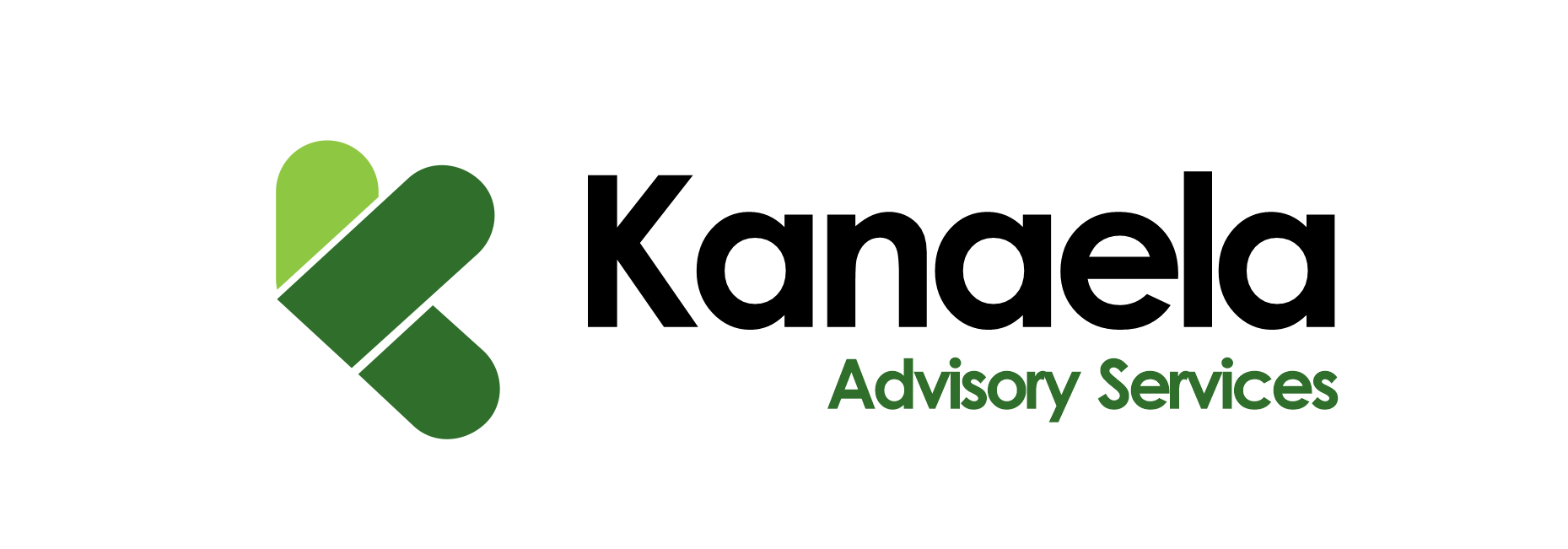
Maximizing Tax Deductions: Lesser-Known Expenses You Can Write Off
As the tax season approaches, taxpayers across the globe prepare to navigate the complex landscape of deductions, seeking to maximize their refunds while minimizing their liabilities. While most are familiar with common deductions such as mortgage interest, charitable contributions, and medical expenses, a realm of lesser-known expenses can significantly reduce your tax burden if adequately utilized.
This article explores some of these often overlooked deductions that could save you a significant amount of money.
-
Job Search Expenses:
If you’ve been hunting for a new job within your current profession, you can deduct certain job search expenses. These can include costs related to resume preparation, travel expenses for interviews (such as transportation, lodging, and meals), and even employment agency fees. However, to qualify, your expenses must be incurred while looking for a job in the same line of work and must exceed 2% of your adjusted gross income.
-
Moving Expenses for Work:
Did you relocate for a new job or to start a business? While the rules for this deduction have become more stringent in recent years, you may still be able to claim moving expenses if your relocation meets certain criteria. Generally, your new workplace must be at least 50 miles farther from your old home than your previous workplace was from your old home. Eligible expenses may include transportation, storage, and lodging costs.
-
Home Office Deduction:
With the rise of remote work, more taxpayers than ever are eligible for the home office deduction. If you use a portion of your home exclusively for business purposes, you can deduct related expenses such as utilities, rent, mortgage interest, and property taxes. The IRS offers a simplified option for calculating this deduction, making it more accessible to those who work from home.
-
Educator Expenses:
Teachers and certain other educators can deduct up to $250 ($500 if married filing jointly) of unreimbursed expenses for classroom supplies. Eligible items may include books, supplies, computer equipment, and supplementary materials used in the classroom. This deduction can provide valuable relief for educators who often spend their own money to enrich their students’ learning experiences.
-
Investment Expenses:
While investment-related expenses are subject to certain limitations, they can still offer valuable tax benefits. Fees paid for investment advice, custodial fees, and specific legal fees may be deductible. Additionally, if you have investments that generate taxable income, you can deduct expenses related to managing that income, such as subscriptions to financial publications or fees for investment management services.
-
Health Savings Account (HSA) Contributions:
Contributions made to a Health Savings Account (HSA) are tax-deductible up to certain limits. HSAs offer a triple tax advantage, allowing you to contribute pre-tax dollars, grow your savings tax-free, and withdraw funds tax-free for qualified medical expenses. Maximizing your contributions to an HSA can reduce your taxable income and provide a valuable source of funds for future medical expenses.
-
Self-Employed Retirement Contributions:
Self-employed individuals can deduct contributions made to retirement accounts such as a Simplified Employee Pension (SEP) IRA or a Solo 401(k). These contributions reduce your current tax liability and help secure your financial future by building retirement savings. Knowing contribution limits and deadlines is essential to ensure you make the most of this deduction.
Conclusion
In conclusion, maximizing deductions requires careful planning and awareness of the various expenses that may be eligible for tax relief. While the deductions mentioned above represent just a few of the lesser-known opportunities for tax savings, they highlight the importance of exploring all available options to optimize your tax situation.
As always, it’s advisable to consult with a qualified tax professional to ensure compliance with current tax laws and to maximize your potential savings. By taking advantage of these lesser-known deductions, you can keep more of your hard-earned money in your pocket and minimize your tax bill.

